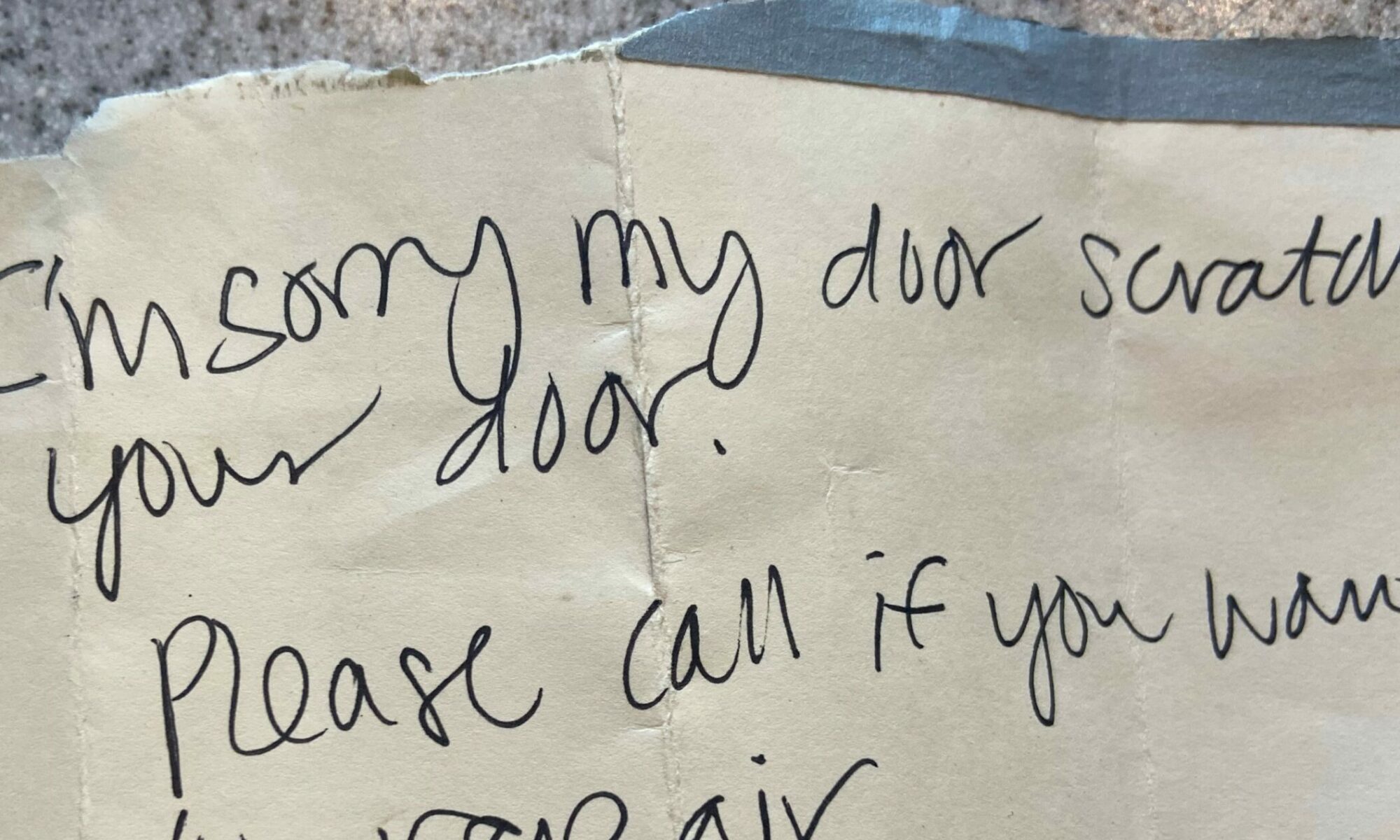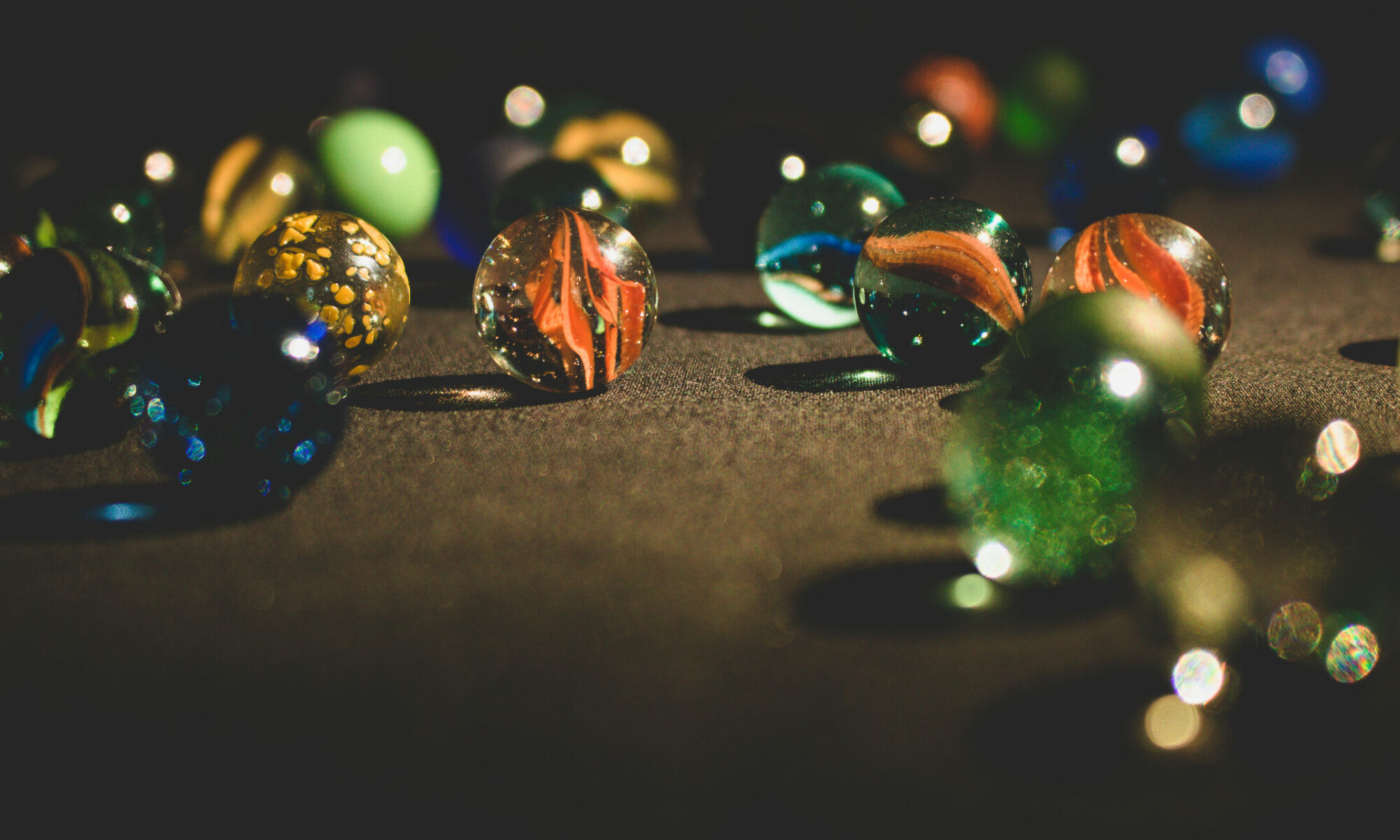I’ve had a knot in my stomach since I heard the news.
And then this morning, in that spiritual space between dreaming and waking, I was gifted with this:
Pulling into the driveway on Hope Hill Road. 🙂
What a wonderful place! There were always rows of cars in the driveway, even pulled up onto the grass. It was the hangout house, a place for us teens to congregate.
But this time, there were no cars in the driveway, no tire tracks in the grass. I got out of my car — I was on the passenger side for some reason — went up the short stone staircase and opened the door. (One never needed to knock on Hope Hill Road.)
“Hi, Cliff.”
The voice came from my left, from a room that doesn’t exist in that house. I know it doesn’t exist because I spent a lot of time in that house. It was my second home, sometimes my first.
“Hey, Mrs. P_____________”
She was sitting there on the cement floor, which was wet with puddles soaking stacked boxes amidst sparse furniture. It was obvious she was packing up.
In her hands, she held a jumbo tan cube eraser which had a hole in the top and holes in each of sides with straws, cut lengthwise, attached to each side.
“What’s that?” I asked.
“You made it,” she said, holding it up.
I had no idea what it was. She continued to look up at me from the floor. She had the same short white hair I’ve always known her to have. And I’d known her a long time, almost my whole life. Since kindergarten.
I was a weird kid. I had a weird mom, gushing with incredible love but lacking any type of boundaries so that her love just flowed over everything, drown some things, washed away landscapes in seconds.
“What’s it for?” I asked.
She handed me the strange contraption along with a handful of marbles. They clacked together as she passed them to me.
“You wanted to create a toy that was different every time.”
I put the curious thing on the ground and dropped a marble into the top hole. It flew out the side and rolled across the wet floor.
She was looking at me, not the marble. I could finally decipher that look; it was the look she’d given me throughout my childhood and teenage years, into college: a patient look, a proud look, like she could see something in me that I couldn’t see and she was just waiting for me to see it.
She always laughed at my weirdness, pointed out the cleverness in my metaphors, supported me in seeing the world through the cracked prism I was born with.
She seemed to always be there.
She’d come into the basement while we were playing pool and grab something off the couch, or she’d descend the porch steps with huge, dripping slices of watermelon, to briefly interrupt our volleyball game.
Clé was always there, and though we were teens who were constantly seeking to be left alone, I secretly appreciated being watched, finally comfortable with being my irrational self because I knew there were rational hands nearby.
It’s my hunch that others felt that way too. That’s why we all went there.
“Put another one in,” she said, still looking at me.
I dropped another marble in, and it slid out the side, same one as the first.
“It doesn’t work,” I said.
“You’re so unique,” she said softly.
I looked down at my invention, so ugly and clever. Around the rim of the top hole, I could see the black marks of the ballpoint pen I had used to carve it out, something I did while sitting in class.
It was definitely mine.
“Go ahead,” she said.
I carefully funneled the entire handful of marbles into the hole. They flowed in all directions, down the wilted straws, and across the hard cement floor. They rolled through the puddles, under the remaining furniture, thudded into the boxes all around us…
She laughed, or did that giggle thing in the back of her throat that she does. Her watchful, tireless eyes followed the bouncing, rolling marbles on their chaotic paths.
“Thank you,” I said, staring at the marbles with her, following their crooked lines as best I could until all of the wonderous colliding and the echoing stopped completely, and there was no movement left to share with her.
Suddenly I was older, no longer a teen.
It seemed strange to be standing there in the silence, no longer certain what my role was.
She took the lead (once again) and got back to her boxes.
“Matthew’s out back,” she said, giving my heart something familiar.
“Thanks,” I said, and the room became warm, the puddles gone, light coming in from everywhere, making the marbles sparkle and glimmer like stars fallen out of the sky.
She seemed content with what she was doing.
Okay. I can take it from here.










